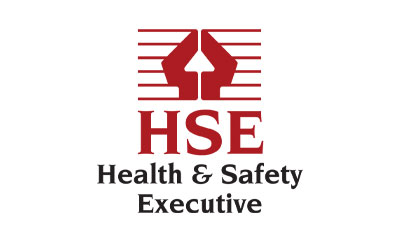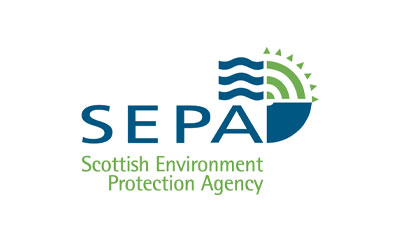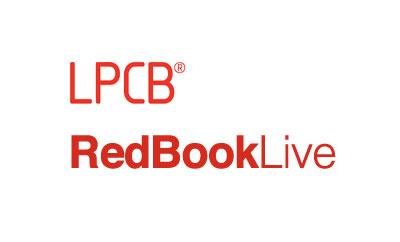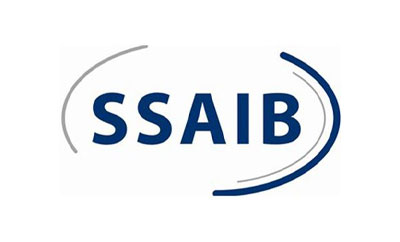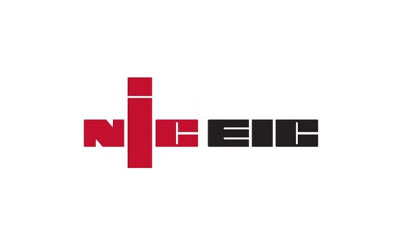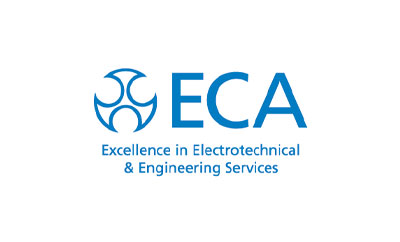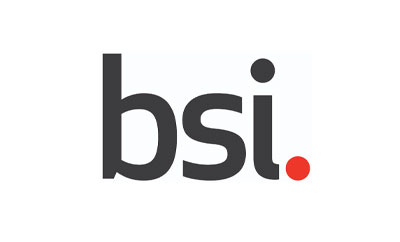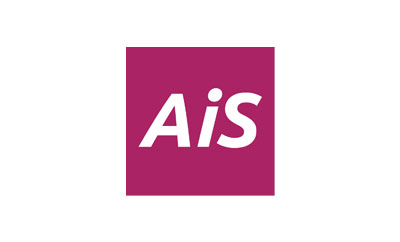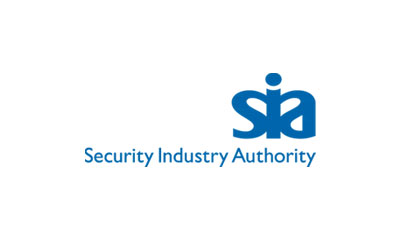HSE – Health and Safety Executive
The Health and Safety Executive is a UK government agency responsible for the encouragement, regulation and enforcement of workplace health, safety and welfare, and for research into occupational risks in Great Britain. They offer advice, guidance, news, templates, tools, legislation and publications.
EA – Environment Agency
The Environment Agency is a non-department public body, established in 1995 and sponsored by the UK government’s Department for Environment, Food and Rural Affairs, with responsibilities relating to the protection and enhancement of the environment in England. Their service uses computer models to assess an area in England’s long-term flood risk, the possible causes of flooding and how to manage flood risk.
SEPA – Scottish Environment Protection Agency
The Scottish Environment Protection Agency is Scotland’s environmental regulator and national flood forecasting, flood warning and strategic flood risk management authority. Its main role is to protect and improve Scotland’s environment. Their flood maps are designed to help you understand how you could be affected by flooding. The maps show you areas which are likely to flood from rivers, the sea and surface water.
NRW – Natural Resources Wales
Natural Resources Wales is a Welsh Government-sponsored body, which became operational from 1 April 2013, when it took over the management of the natural resources of Wales. Their service offers information relating to flood risk and what to do during a flood, including how to sign up for flood alerts.
BAFE – British Approvals for Fire Equipment
BAFE is the independent registration body for third-party-certified fire protection companies across the UK. A national independent register of quality fire safety service providers. BAFE develops schemes to support quality standards for fire protection companies to achieve and become third-party certified. This independently acknowledges their competency to provide specific fire protection services.
LPCB – Loss Prevention Certification Board
The Loss Prevention Certification Board has been working with industry and insurers for more than 100 years to set the standards needed to ensure that fire and security products and services perform effectively. LPCB is part of BRE Global.
LPCB’s Loss Prevention Standards (LPS) are now widely recognised and applied in fire and security sectors around the world. LPCB offers third-party certification confirming that products and services have met and will continue to meet these standards.
All fire and security products, services and companies certificated by LPCB to LPS and other industry standards are listed in the ‘RedBook’
FSA - Food Standards Agency
The Food Standards Agency is a non-ministerial government department of the Government of the UK. It is responsible for protecting public health in relation to food in England, Wales and Northern Ireland. It is led by a board appointed to act in the public interest. Their services uses their expertise and influence so that people can trust that the food they buy and eat is safe and what it says it is.
The food hygiene rating reflects the standards of food hygiene found on the date of the inspection by the local authority. The food hygiene rating is not a guide to food quality.
NSI – National Security Inspectorate
The National Security Inspectorate is an independent not-for-profit UKAS-accredited certification body operating in the UK. The NSI is recognised as the leading certification body for the security and fire protection sectors in the UK. For over 40 years they have helped protect businesses and homeowners by providing robust high-quality audits of home and business security and fire safety service providers.
SSAIB – Security Systems and Alarms Inspection Board
The Security Systems and Alarms Inspection Board is the leading certification body for organisations providing security systems and services, fire detection and alarm systems, telecare systems and services, manned security services and monitoring services.
NICEIC – National Inspection Council for Electrical Installation Contracting
The National Inspection Council for Electrical Installation Contracting is one of several organisations which regulates the training and work of electrical enterprises in the UK.
NICEIC provides assessment and certification services for contractors working across the building services sectors. They assess electricians, renewable energy installers, plumbers and gas and heating engineers.
ECA – Electrical Contractors’ Association
The Electrical Contractors’ Association is the main trade association that represents and supports the interests of businesses and organisations involved in electro-technical and engineering services design, installation, inspection, testing, and maintenance and monitoring in England, Northern Ireland and Wales.
BSI – British Standards Institution
The British Standards Institution is the national standards body of the UK. BSI produces technical standards on a wide range of products and services and also supplies certification and standards-related services to businesses.
AIS – Association of Insurance Surveyors
The Association of Insurance Surveyors is a well-known and respected body of individual risk control and reduction experts working in the insurance market throughout the UK.
Through its collective expertise and influence, it aims to seek continuous improvement in all aspects of protection of persons and property against insurable risks.
ISO – International Organization for Standardization
The International Organization for Standardization is an international standard-setting body composed of representatives from various national standards organizations. Founded on 23 February 1947, the organization promotes worldwide proprietary, industrial and commercial standards.
SIA – Security Industry Authority
The Security Industry Authority is the statutory organisation responsible for regulating the private security industry in the UK. Established as a non-departmental public body in 2003, the SIA reports to the Home Secretary under the terms of the Private Security Industry Act 2001.
They have two main duties. One is the compulsory licensing of individuals undertaking designated activities within the private security industry; the other is to manage the voluntary Approved Contractor Scheme, which measures private security suppliers against independently-assessed criteria.
